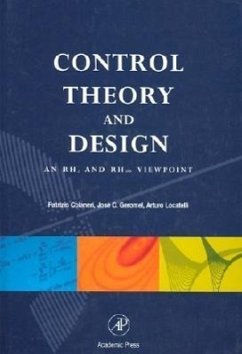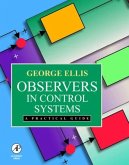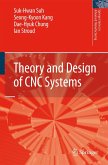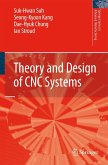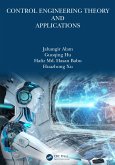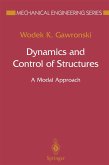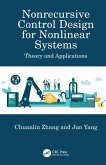Control systems design methodologies have long suffered the traditional and myopic dichotomy between time and frequency domain approaches, each of them being specialized to cope with only scarcely overlapping performance requirements. This book is aimed at bridging the two approaches by presenting design methodologies based on the minimization of a norm (H2/H() of a suitable transfer function. A distinctive feature of these techniques is the fact that they do not create only one solution to the design problem, instead they provide a whole set of admissible solutions which satisfy a constraint on the maximum deterioration of the performance index. A systematic book on this topic is long overdue. Self-contained and practical in its approach, Control Theory and Design enables the reader to use the relevant techniques in various real-life applications. The text covers the basic facts of robustcontrol and theory as well as more recent achievements, such as robust stability and robust performance in presence of parameter uncertainties. It features a new perspective on classical LQC results and further sections on robust synthesis, nonclassicaloptimization problems, and analysis and synthesis of uncertain systems. Control Theory and Design is essential reading for graduates and those entering the research field. The required mathematical background is provided so that the book is also suitable for undergraduate students with some knowledge of basic systemsand control.
Hinweis: Dieser Artikel kann nur an eine deutsche Lieferadresse ausgeliefert werden.
Hinweis: Dieser Artikel kann nur an eine deutsche Lieferadresse ausgeliefert werden.

